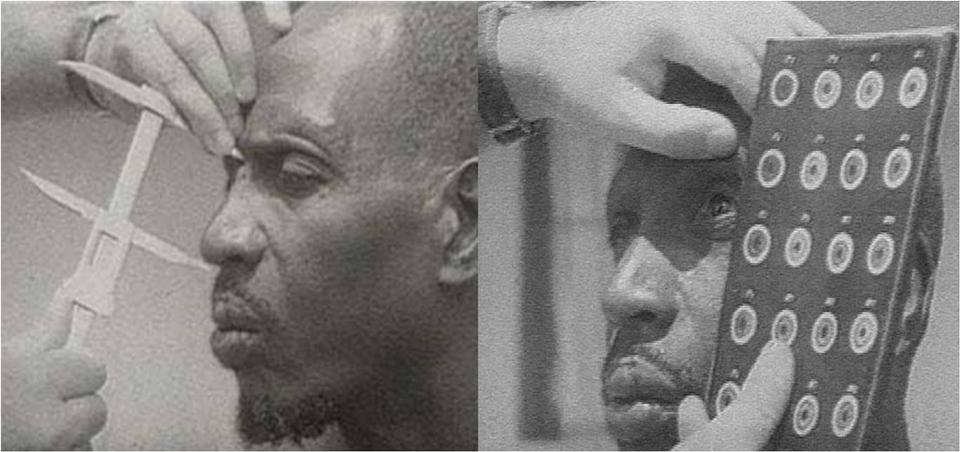Demvolkedienen recently reported on the involvement of French imperialism in the Rwandan genocide. The foundations for the incitement of the peoples of Rwanda were already laid during Belgian colonial rule.
After World War I, the Belgians took over Rwanda as a colony from German imperialism. Based on the body theory anthropometry in combination with racist ideology attributed different valences to the peoples. They labeled the Tutsis as superior and recruited kapos from their ranks for their colonial oppression. Only children of Tutsis had access to rudimentary education. Hutu leaders were stripped of their power, and members of their people suffered particularly from forced labor - divide and rule. The Belgians also introduced passports with the category "ethnicity" for the first time. Prior to this, ethnicity was not a central category in Rwanda and rule tended to be legitimized by religion.
As the Tutsi elite built up increasing political pressure for Rwandan independence in the 1950s, the imperialists changed their strategy. They now relied on the majority Hutu population. When uprisings occurred in the country in 1959, they were directed not against the Belgians but against the Tutsis. In what became known as the Huture Revolution, Tutsi homes were burned down and 300,000 of them fled to neighboring Uganda. There they founded the Rwandan Patriotic Front (RPF) which, starting in 1990, waged war against the Rwandan state, in the course of which genocide was perpetrated against the Tutsi minority.
The history of Rwanda once again impressively shows that racism is not something that existed before early capitalist colonialism and especially imperialism or is even inherent in the "nature of man".

